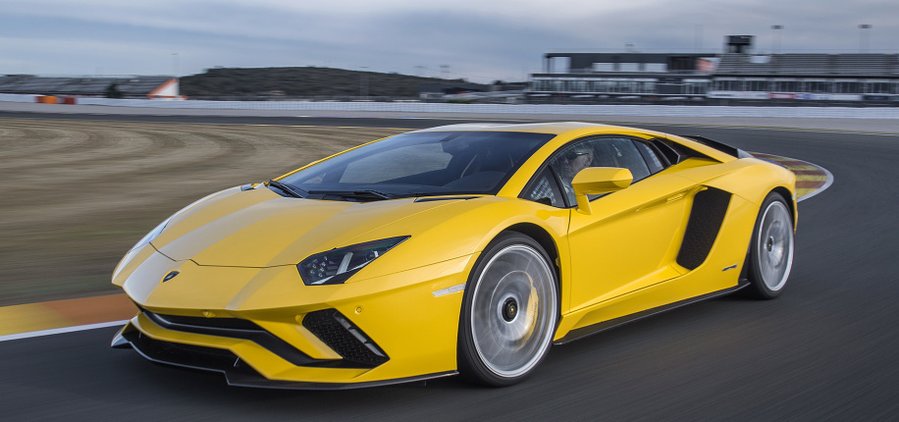Lamborghini confirms next-gen Aventador and Huracan to be PHEVs

It's official, Lamborghini CEO Stefano Domenicali confirmed to Top Gear magazine that the next-generation Aventador and Huracán will get plug-in hybrid powertrains. Autocar reported last October that the next Huracán would get "next-generation" batteries to aid its naturally aspirated V10 when it debuts around 2022. The fate of the Aventador S's successor, however, was unclear beyond the certainty of it featuring a mid-mounted V12. Now we know it will get a naturally aspirated V12 with electric help when it arrives in 2020 or so, and both cars will boast a small all-electric range.
Top Gear imagined how much each coupe could gain — both in weight and in power — by mating each car's current engine with the 134-horsepower electric motor and 14-kWh lithium-ion battery pack from the Porsche Panamera Turbo S e-hybrid. TG figures the Aventador S replacement would go from 730 hp and 508 pound-feet of torque to 860 hp and 566 lb-ft. That's the good news. The bad news is that Porsche said the hybrid system adds 661 pounds to the weight of the Panamera. Tack that onto the Lamborghini, and an Aventador S goes up a weight class to 4,354 pounds. The new Huracán output stretches from 602 hp and 412 lb-ft to 728 hp and 471 lb-ft, and 3,796 pounds.
Judged on the results of that purely imaginary fancy, Top Gear says the numbers "well and truly stack up." We think that given the chance to add 130 horsepower at the price of putting a Harley-Davidson Fat Boy in the trunk — or the weight of second complete engine — we might ask if there were other tradeoffs available. We're certain Lamborghini's working all the angles, though, and confident the Sant' Agata carmaker will translate its actual figures into another duo of brutal, bewitching sports cars.
The brand is looking beyond the near-term hybrids to what could come after, as well. Domenicali said he doesn't believe there will be sufficient potential in electric powertrains until 2026, but he's ready with concepts like the Terzo Millennio whenever the powertrains are. Lamborghini's also working with the Massachusetts Institute of Technology to "write an important page in the future of super sports cars for the third millennium," suspected to center on lightweight materials, solid-state batteries, and alternative fuels. On that last note, Domenicali's already eyeing the potential of using hydrogen fuel cells in the distant future.
Note the absence of the word "turbocharger" from any discussion of the brand's future out to the 2030s. Said Chief Technical Officer Maurizio Reggiani, "As long as I'm technical director, our super sports cars will not have a turbocharged engine. It's about emotion. If you don't have emotion, then you have nothing."
Nouvelles connexes


